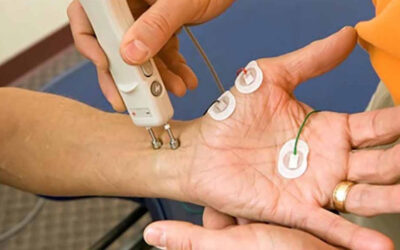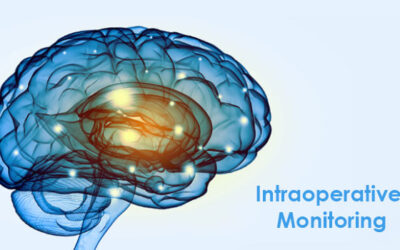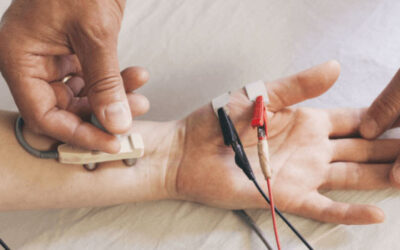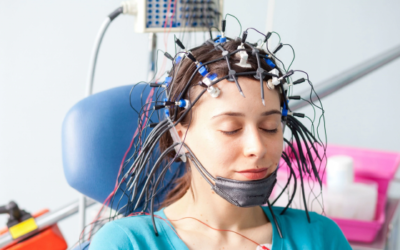Blog
Role of NCV EMG in Peripheral Neuropathy due to Diabetes
An EMG/NCV (Electromyography/Nerve Conduction Velocity Study) is the most accurate and exact test for diagnosing Neuropathy and developing a list of potential causes. It is essential for...
How NCV helps to Diagnose GBS
Guillain–Barré syndrome (GBS) is a complex disease characterised by quickly progressing, symmetrical limb weakness with hyporeflexia or areflexia; sensory abnormalities and cranial nerve impairments...
Role of NCV EMG in Radiculopathy (Pinched Spinal Nerves)
What is Radiculopathy? Radiculopathy is often caused by "wear and tear" changes in the spine that occur as people age. When it comes to trauma or injury, it is most typically caused by a...
Role of NCV EMG in carpal tunnel syndrome
What is carpal tunnel syndrome? Carpal tunnel syndrome (CTS) is a kind of compression neuropathy (nervous system disorder) caused by an increase in pressure on the median nerve. The carpal tunnel...
Importance of Intraoperative Monitoring
Intraoperative nerve monitoring (IOM) enables surgeons to monitor and control the function of the nerves during a surgical procedure. When neurosurgery and spinal surgery are required, this entails...
Nerve Conduction Velocity Overview
What is a nerve conduction velocity test? A nerve conduction velocity (NCV) test determines how quickly an electrical impulse travels through your nerve. NCV is capable of detecting nerve injury....
What is EEG (Electroencephalography) and How Does it Work?
An electroencephalogram (EEG) is a test that monitors and records the electrical activity of your brain using electrodes attached to your scalp and connected to a computer. The computer...







